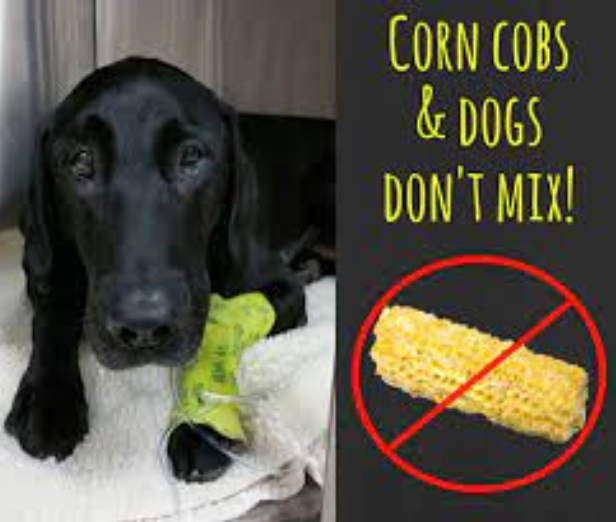
Cooler weather, the fall harvest and seasonal baking lead to maximum enjoyment of this wonderful season. However, knowledge of the specific hazards of this season is necessary to keep your pets healthy and safe.
Help keep your pets protected in the fall:
- Be careful when planting bulbs. Ingestion of ornamental bulbs planted in the fall can cause heart, kidney, and liver failure. Signs after ingestion may include vomiting, diarrhea and lethargy. Bulbs may also cause an obstruction in the digestive system if consumed whole or in larger pieces. Consider planting bulbs behind fences, inside cages, or in other areas inaccessible to your pet.
- Dispose of corn cobs properly. Dogs can chew and eat corncobs but cannot digest them which could be fatal. Dogs can choke on corncobs if they become stuck in the throat or esophagus. Corncobs are also a common cause of intestinal obstruction which may require surgery.
- Check fertilizers and mulches for mold. Any type of solid fertilizer or mulch can become toxic to your dog if it is moldy. Common signs of mold toxicity include hyperactivity, tremors, vomiting, high body temperature, and seizures in severe cases. Packages kept open can harbor mold even if it is invisible to the naked eye. To prevent mold, keep fertilizer containers closed and store them in a dry space.
- Keep pets away from mushrooms. Fall is one of the prime seasons for mushroom growth. Signs of mushroom toxicity may include vomiting, diarrhea, lethargy, weakness, tremors, vocalization, and seizures. Pets may exhibit symptoms within 15 minutes, or they may be delayed for up to 12 hours. If you suspect toxic mushroom ingestion, immediate veterinary care is recommended. Be specific when describing symptoms and their time of onset to your veterinarian; this information is vital for accurate diagnosis and prompt treatment. For additional information, including photos of some of the more common toxic mushrooms, please go to: https://www.petmd.com/dog/slideshows/6-poisonous-mushrooms-are-toxic-dogs .
- Be cautious when using rodent poison. All rat and mouse poisons are toxic to pets if ingested. These poisons cause bleeding both inside and outside the body. Your pet may have pale gums, difficulty breathing, coughing, bloody urine or feces, vomiting or seizures. Immediate veterinary care is necessary if you suspect your pet has ingested any type of rodenticide.
Enjoy the crisp air and beautiful foliage, be aware of hazards, and both you and your pet will make the most of fall.
